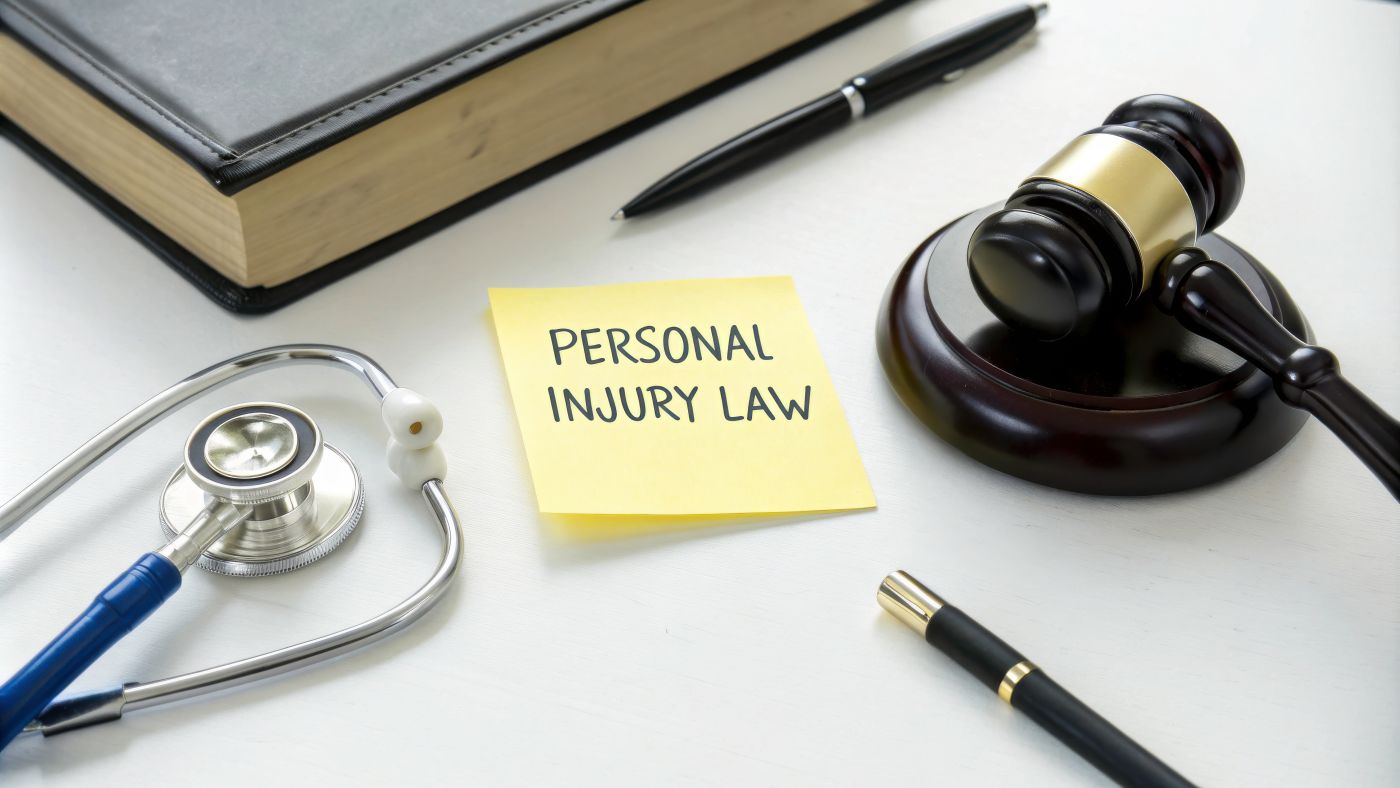If you have been to the gas station lately, you might have noticed that gas prices have gone up. The current scarcity of gas was caused by hackers committing a cyber attack on the Colonial Pipeline which supplies 45% of the fuel used by the Eastern Seaboard. Identity and cyber crime can have a detrimental impact on both companies and individuals, often destroying a person’s credit, credibility and even livelihood. To help better prepare you against identity theft, we at Liberty Trial Law Group wanted to give you some pointers to think about in case you are subject to this new form of theft.
What Is Identity Theft?
Identity theft is when someone uses your name, address, Social Security number (SSN), credit card number, bank account, credit history, or other personal information without your knowledge and consent. They often use this information to open accounts on your behalf, or commit fraudulent acts under your name.
Some common examples of identity theft are filing fake taxes to get tax refunds or stimulus payments, getting unauthorized credit cards, bank accounts, utility accounts, or loans, and creating a fake identity with your information that is given to a real person.
How Can Someone Steal My Identity?
Identity thieves often use both high-tech and also very simple ways of getting your identity. This can include hacking accounts, getting people to click on a fake link that mimics a real service provider and gets them to add their real information, calling and posing as law enforcement, and many other means. Here are some of the most common ways they get your information:
They add a device known as a “skimmer” to a gas station pump, or atm (usually not affiliated with a bank), and when you use that point of access it skims your number
They go through your trash or your company’s trash looking for bills or other information with accounts and personal identifiers on it
They complete a change of address form which routes mail to their address instead
They use their employer’s access to credit reports, or they pose as landlords, employers, or others, to gain access to credit reports
They steal a wallet or purse containing identifying information. They then use it themselves or sell i online
They steal mail, including bank and credit card statements, pre-approved credit card offers, new checks, or tax information
They call and pose as a legitimate business or government official needing additional information
How to Tell if You’re a Victim
A best practice is to routinely check your financial statements, and make sure all of the charges that show up are indeed yours. If you have not received bills or other mail that you usually receive, or if you go a period of time without receiving any mail, that might be a good indicator. Also be aware if you are denied credit for no apparent reason, you receive credit cards you did not apply for, or you receive calls or letters from debt collectors or businesses about merchandise you did not buy.
How Do You Reduce the Chances of Having Your Identity Stolen?
Here are some best practices according to Consumer Law:
Don’t give out personal information such as your SSN, mother’s maiden name, or account numbers over the phone or the internet unless you know the information is secure. If you don’t see https:// or a padlock at the beginning of the web address (url) at the top of the page on which you are submitting your information, DO NOT submit your information.
Keep your personal information hidden away from visitors or outsiders that may come into your home to perform a service.
Do not keep your Social Security Card or SS number in your purse or wallet; leave it at home in a secure spot.
Your trash might become an identity thief’s treasure. A thief can go through your trash to find personal information from receipts, medical bills, bank statements, or checks (see Certegy Check Services). Even those pre-screened credit card offers that you receive can be used if they fall into the wrong hands. Shred all of these before throwing them out.
DO NOT open e-mails or attachments from unfamiliar e-mail addresses. There are programs you can buy that will filter out junk e-mail, and if you have an e-mail address through Gmail, Hotmail (MSN), AOL, or Yahoo, they offer certain protections against junk or spam e-mails.
What Can You Do if Your Identity Has Been Stolen?
According to the Federal Trade Commission, you have rights when recovering from identity theft. Here are the rights provided to you courtesy of the FTC:
create an FTC Identity Theft Report
place a one-year fraud alert on your credit report
place a seven-year extended fraud alert on your credit report
get free copies of your credit report
get fraudulent information removed (or “blocked”) from your credit report
dispute fraudulent or inaccurate information on your credit report
stop creditors and debt collectors from reporting fraudulent accounts
get copies of documents related to the identity theft
stop a debt collector from contacting you.
Documenting the Theft
You have the right to create an FTC Identity Theft Report. Your FTC Identity Theft Report helps prove to businesses that someone stole your identity, and makes it easier to correct problems caused by identity theft.
You can create an FTC Identity Theft Report by filing a report with the FTC.
Working with Credit Bureaus
You have the right to:
Place a One-Year Fraud Alert on Your Credit Report.
The fraud alert tells creditors that they must take reasonable steps to verify who is applying for credit in your name. To place this alert, contact one of the three national credit bureaus. The one you contact must notify the others.
When you place a one-year fraud alert, you’re also entitled to a free copy of your credit reports. You’ll get a confirmation letter from each credit bureau with instructions for how to get your free reports.
Place a Seven-Year Extended Fraud Alert on Your Credit Report.
To do this, send a copy of your FTC Identity Theft Report to each credit bureau. The extended fraud alert means potential creditors must contact you before they issue credit in your name. In your letter, be sure to give the best way for a creditor to reach you.
Each credit bureau will send you a letter confirming that they placed an extended fraud alert on your file. That letter also will include instructions about how to get free copies of your credit report.
Get Credit Bureaus to Remove Fraudulent Information from Your Credit Report.
This is called blocking. You must send them a copy of your FTC Identity Theft Report, proof of your identity, and a letter stating which information is fraudulent. Then the credit bureau must tell the relevant creditor that someone stole your identity. Creditors cannot turn fraudulent debts over to debt collectors.
Dispute Fraudulent or Inaccurate Information on Your Credit Report.
Do this by writing to the credit bureau. They must investigate your dispute and amend your report if you are right.
You have the right to place a free credit freeze on your credit report. A credit freeze, also called a security freeze, makes it less likely that an identity thief could open a new account in your name.
Communicating with Creditors and Debt Collectors
You have the right to:
Stop creditors and debt collectors from reporting fraudulent accounts. After you give them a copy of a valid FTC Identity Theft Report, they may not report fraudulent accounts to the credit reporting companies.
Get copies of documents related to the theft of your identity, like transaction records or applications for new accounts. Write to the company that has the documents, and include a copy of your FTC Identity Theft Report. You also can tell the company to give the documents to a specific law enforcement agency.
Stop a debt collector from contacting you. In most cases, debt collectors must stop contacting you after you send them a letter telling them to stop.
Get written information from a debt collector about a debt, including the name of the creditor and the amount you supposedly owe. If a debt collector contacts you about a debt, request this information in writing.
At Liberty Trial Law Group we care about justice, and do not want to see those in our great state fall victim to these aggressive new thieves. While we do not cover cyber crime, we do work hard to ensure that you see justice if you are the victim of workplace, criminal or civil wrongdoing. Give us a call or visit us online at https://libertytriallawgroup.com/.


